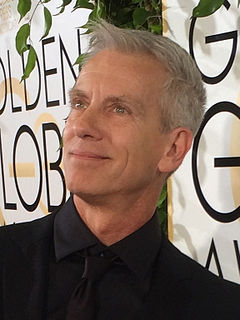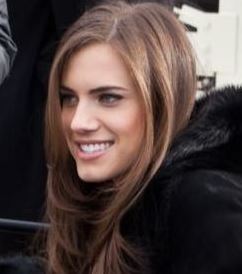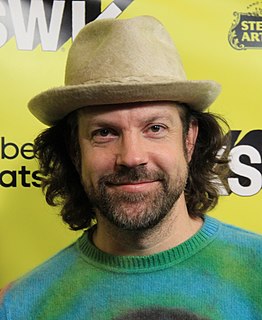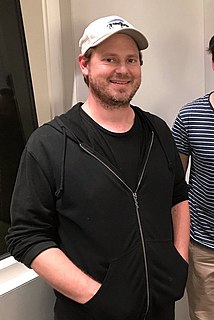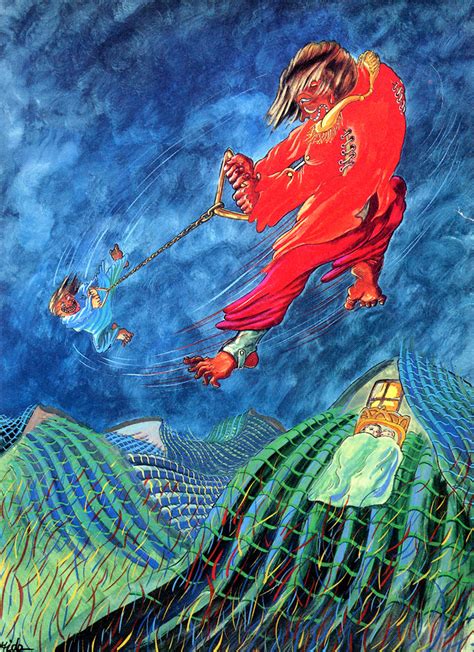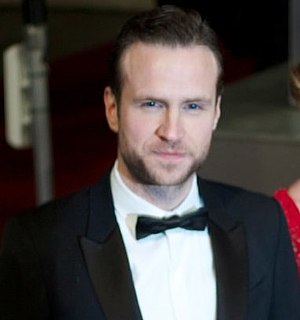A Quote by Vince Vaughn
Sometimes people that are very good at improvisation in life, meaning like stage improvisation, aren't good in films because you have to ultimately take a scene where it needs to go. It's not about just saying something that's funny. You can say something funny but if it's not on story or driving the scene to its end it's really not very helpful at all.
Related Quotes
The animators are fantastic though. They'll shoot their own reference material, and just go into the car park or something. And they might shoot a very funny scene, or sometimes a serious scene. But they're really just trying to work out the motion. Yet what we get treated to is hilarious video of someone running around a parking lot with a broomstick and a helmet!
I really, really liked shooting and doing the scene with Emilia Clarke and Peter Dinklage at the end of 'Winds of Winter,' when she gives him the Hand of the Queen. Because we shot it very simply. We felt like we had managed to do something that was visual but really was a very intimate scene between two people.
You do stuff that gets a reaction and you think 'that's a winner' and then it never sees the light of day. But the thing with improvisation is that 90% of what you come up with won't be used and for good reason. But you keep going for the occasional gem that you might come up with. You do a scene and a lot of the time. We wouldn't cut. So, you come up with something that might be funny and then you go, 'alright, what else'? So, you kind of throw stuff against the wall and see what happens. But you've got to be prepared to make a fool of yourself.
I would make a huge distinction between theater improvisation and film improvisation. There isn't much improvisation in film - there's virtually none. The people that theoretically could be good at this in a theater situation don't necessarily do this in a film in a way that will work, because it's much broader on a stage. But in a movie, it has to be real, and the characters have to look entirely real because it's being done as a faux documentary, so there are even fewer actors that can do that on film.
I really like the Chris-R scene and of course the "you are tearing me apart Lisa" scene. The reason I love the Chris-R scene is because we worked really hard to finish it. It's not just that though, it brings people together. Everyone is one the roof together by the end of the scene. You see the perspectives of the different characters. I feel like with all the connections in this scene that the room connects the entire world
I came in rather late in the casting process of Reaper. I believe they had all the other roles cast. They were having trouble finding the devil. They had seen almost 100 actors for the role. I got the script and I liked it - it was clever and witty and very, very funny, and a nice, fresh take on an old story. I went in and did a scene for the producers, the kitchen scene from the pilot where I'm cooking a chicken-fried steak. At the end of it, they all had a smile on their face, and they realized they had found their devil.


